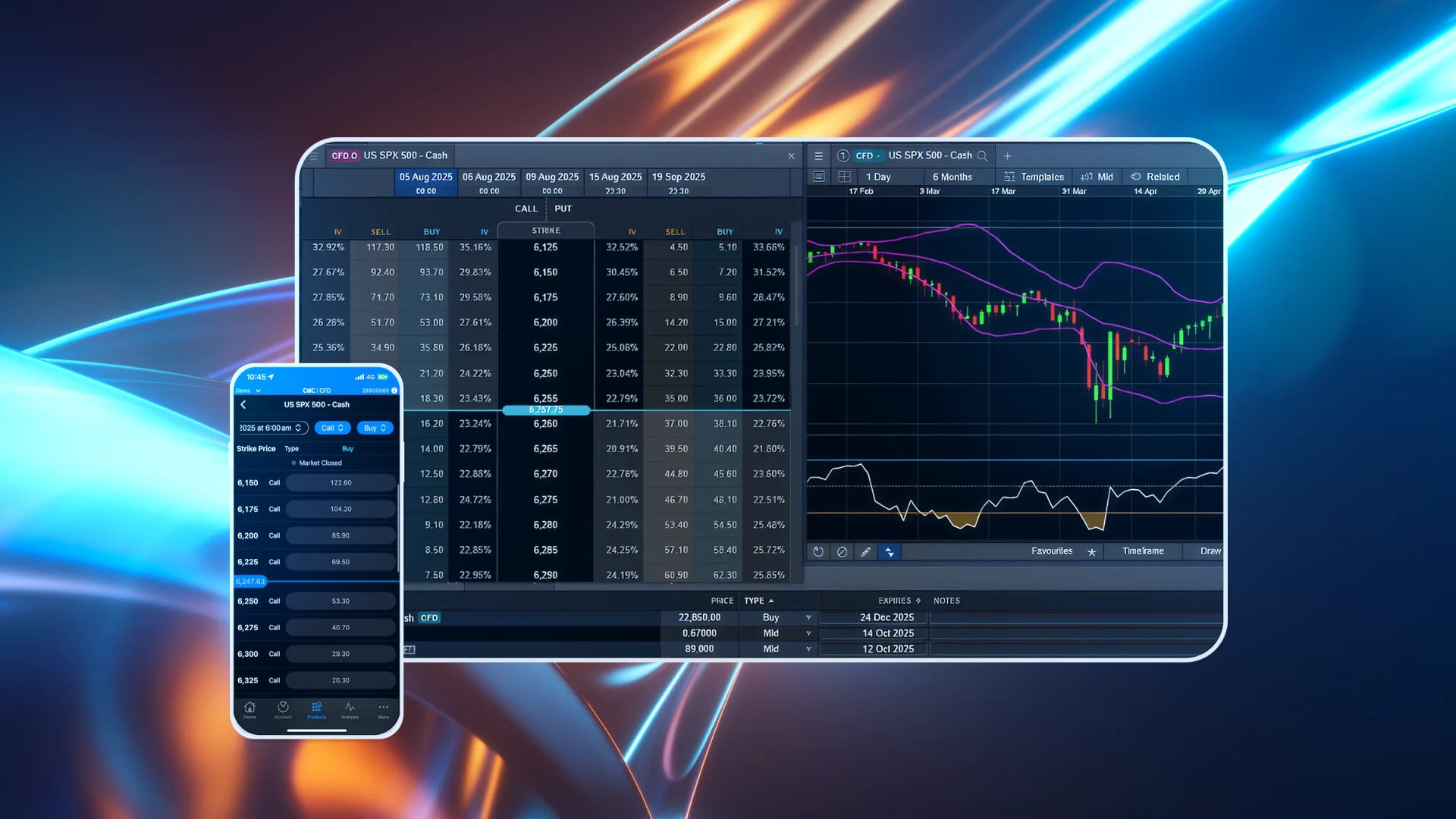Japan to attend G20 meet, no comment on Russia’s participation – finance minister
Japan’s Finance Minister Shunichi Suzuki prepares to ring a bell during the New Year ceremony marking the open of trading in 2022 at the Tokyo Stock Exchange (TSE), amid the coronavirus disease (COVID-19) pandemic, in Tokyo, Japan, January 4, 2022. REUTERS/Issei Kato
Register now for FREE unlimited access to Reuters.com
TOKYO, April 15 (Reuters) – Japan is preparing to attend a gathering of financial leaders from the Group of 20 economic powers next week, its finance minister said on Friday, as Western nations sought the expulsion of Russia from the forum and said they would skip sessions where Moscow is represented.
Shunichi Suzuki said Japan “is not in the position to respond to each country’s participation”, when asked about Russia’s plans to join the forum online, which G20 chair Indonesia announced on Thursday. read more
Japanese officials are keen to have their minister go to Washington next week for the G20 meeting on April 20 on the sidelines of IMF/World Bank spring gatherings. Suzuki was not able to attend the previous meeting of the group in February.
Register now for FREE unlimited access to Reuters.com
“The G20 meeting is a very important conference to discuss various issues of the global economy, including rising food and energy prices due to Russia’s invasion of Ukraine,” Suzuki told a news conference.
Last week, U.S. Treasury Secretary Janet Yellen said the United States will boycott some G20 meetings if Russian officials show up. German Finance Minister Christian Lindner has called for rejection of any form of cooperation with Russia at the G20. read more
Meanwhile, Japan “will take appropriate steps” in close cooperation with G7 allies and Indonesia, based on a March G7 leaders’ statement that said international platforms should not continue relations with Russia in a business as usual manner, Suzuki added.
Suzuki and his American counterpart Yellen are likely to meet next week on the sidelines of the G20 gathering, Kyodo news agency reported on Friday. read more
Currencies could be among possible topics, after the two sides affirmed last month close communication between their currency authorities.
On Friday, the yen fell as far as 126.56 to the dollar, the lowest since May 2002, as the greenback strengthened on hawkish comments from U.S. Federal Reserve officials. read more
A weak yen can be “bad” for Japan’s economy if rising costs of raw materials cannot be passed onto prices of goods sold, and if the price inflation outstrips wage growth, Suzuki said on Friday, clarifying his recent remark about the Japanese currency. read more
Register now for FREE unlimited access to Reuters.com
Reporting by Kantaro Komiya and Tetsushi Kajimoto; Editing by Muralikumar Anantharaman and Raju Gopalakrishnan
Our Standards: The Thomson Reuters Trust Principles.





